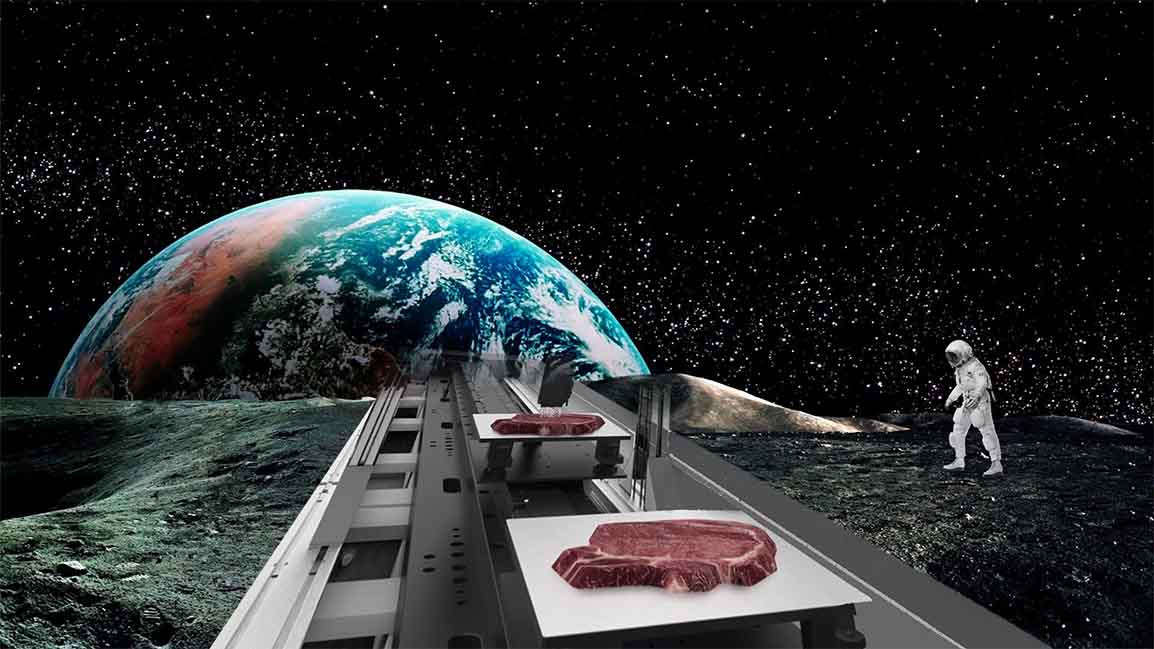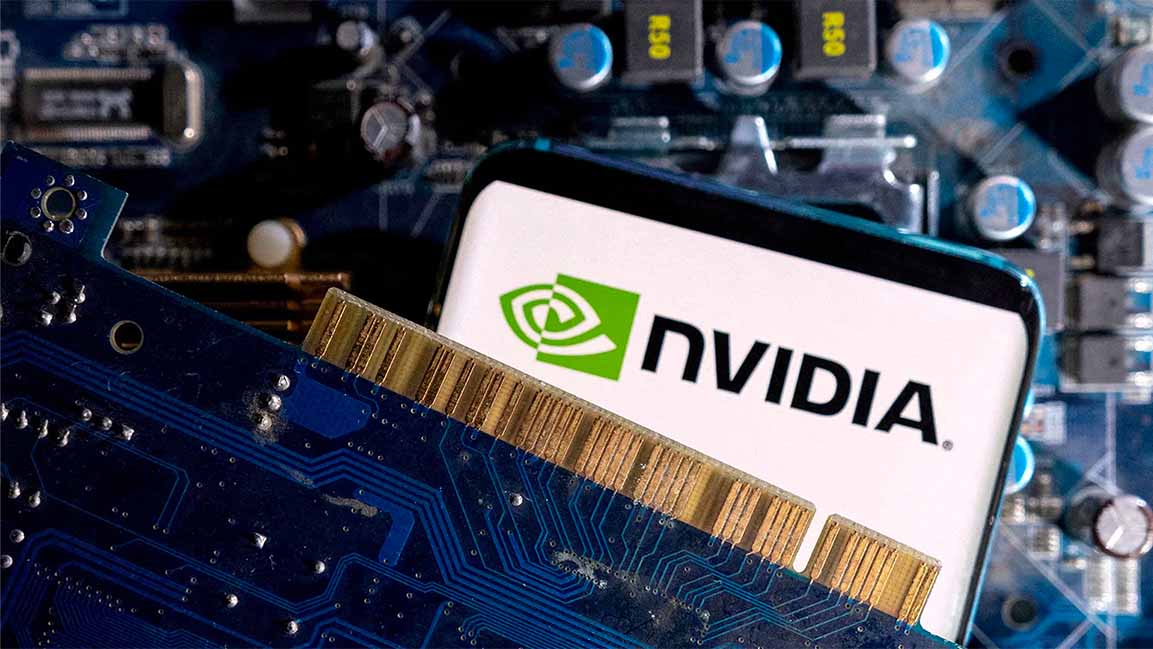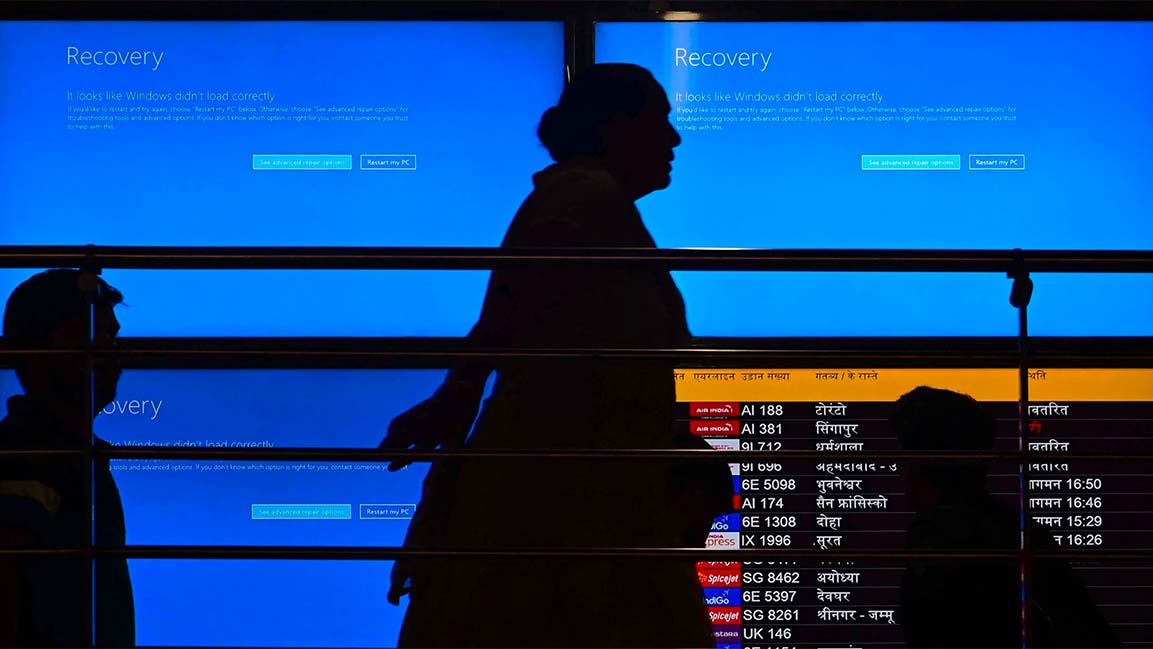- | 9:00 am
From food to healthcare, here’s everything space tech can transform in the Middle East
Everything from wireless communication to smartphone cameras was once developed for astronauts, and space tech being developed in the Middle East has a lot more in store for the region.

Did you know wireless earphones were designed for astronauts to talk hands-free while floating in zero gravity? The handheld vacuum was designed to collect soil and rocks from the moon in the 1960s. Artificial limbs made for space vehicles, and insulin pumps for astronauts now make lives easier on Earth.
NASA’s patents are satiating the demand for food security by introducing indoor vertical farms to earthlings. Today, NASA scientists create almost 1800 devices a day, which may eventually just become a part of our life.
MINING SPACE RESEARCH FOR REVENUES
Last year, the space agency gave product licenses to 220 firms, a move it streamlined in the 70s. From the Middle East, UAE and Saudi Arabia have joined the space race and the pursuit of innovation.
The UAE’s first homegrown satellite had secured five patents for its camera, AI, and storage. Considering that NASA’s patents made $5.1 billion (AED 18 billion) for licensees, UAE could also profit from its space program.
Among local talents, Egypt’s Ayman Ragab received NASA’s patent for his idea to save energy in space. This technology can pave the way for a sustainable future in the Middle East.
Last year, Israeli scientists created a cheap and fast way to make optical lenses from liquid polymers. NASA hailed it as a novel way to build space telescopes in the near future. You might not know, but your smartphone cameras were also initially compressed to be embedded in a spacecraft.
After Hope Probe’s success, the chairperson of UAE’s space agency Sarah Al Amiri said that the country is poised for innovation in space. She also highlighted the vision to invest in local talent that could invent devices for cosmic travel.
But how’s the region going to benefit from existing space tech and innovations being explored?
GREEN REVOLUTION IN THE DESERT
The UAE imports almost 90% of its food, and growing crops in the desert are the key to sustainability.
Scientists from US-based Nanoracks will soon use agritech developed for space to cultivate farms in Abu Dhabi’s dry climate. Seeds will be sent to space, where they’ll mutate into more resilient variants that thrive in harsh conditions. Once tested in the UAE, the seeds will also support agriculture in drought-hit regions.
Desertification accelerated by climate change has created a need for techniques to grow food in extreme environments.
SPACEWEAR TAILORED TO TACKLE PANDEMICS
The UAE and Saudi Arabia contained the pandemic with technology to detect and monitor COVID patients. Now, UAE-born Dr. Farhan Asrar says space vests can keep an eye on those infected with the virus. Wearables have sensors weaved into them for relaying information about an astronaut’s vitals. It looks like another piece of clothing but is wired to send real-time updates on patients in isolation.
Asrar also wrote how temporary field labs made for harsh climates in space could boost testing in remote areas. It’s an extension of research in microgravity at space stations that strengthened vaccines.
ENHANCING 3D PRINTING TO GENERATE FOOD
Lab-grown meat isn’t just a culinary trend anymore. It also ensures nutrition for regions not suitable for raising cattle.
For the first time in 2019, a beefsteak was prepared in space by 3D-bioprinting animal cells. The printed meat developed by Israel’s Aleph Farms for astronauts is now being exported globally. With veganism and costs to import meat rising simultaneously in the Middle East, bioprinted meat can be a gamechanger.
ELEVATING INTERNET CONNECTIVITY TO THE ORBIT
Undersea cables, which are essential for global internet connectivity, are vulnerable to disruption from earthquakes. But satellites that beam internet to receivers on Earth aren’t affected by natural disasters or extreme weather. This enables a cluster of satellites in orbit to provide uninterrupted connections to a world that does everything online.
Saudi Arabia’s NEOM needs glitch-free connectivity to ensure that smart cities function without glitches. The kingdom will launch a constellation of low orbit satellites to achieve this consistency. The collaboration between OneWeb and Neom Tech is also slated to provide high-speed internet for the entire region.
These innovations are accompanied by satellite tech that supports archaeologists exploring Egypt. Remote sensing technology is helping create maps for sustainable urban planning in the UAE.
Gadgets and tech made for space may seem out of reach for many, but they may soon be integrated into everyday lives in decades or even years.








































